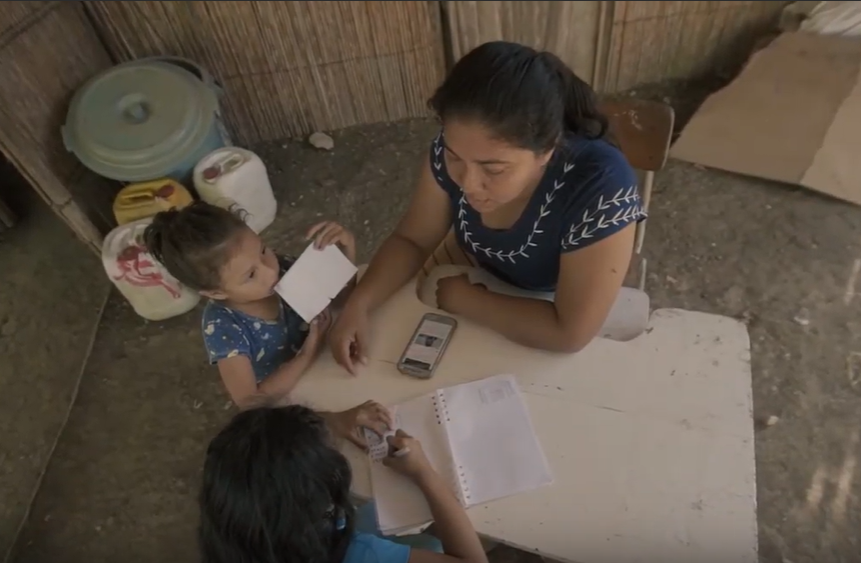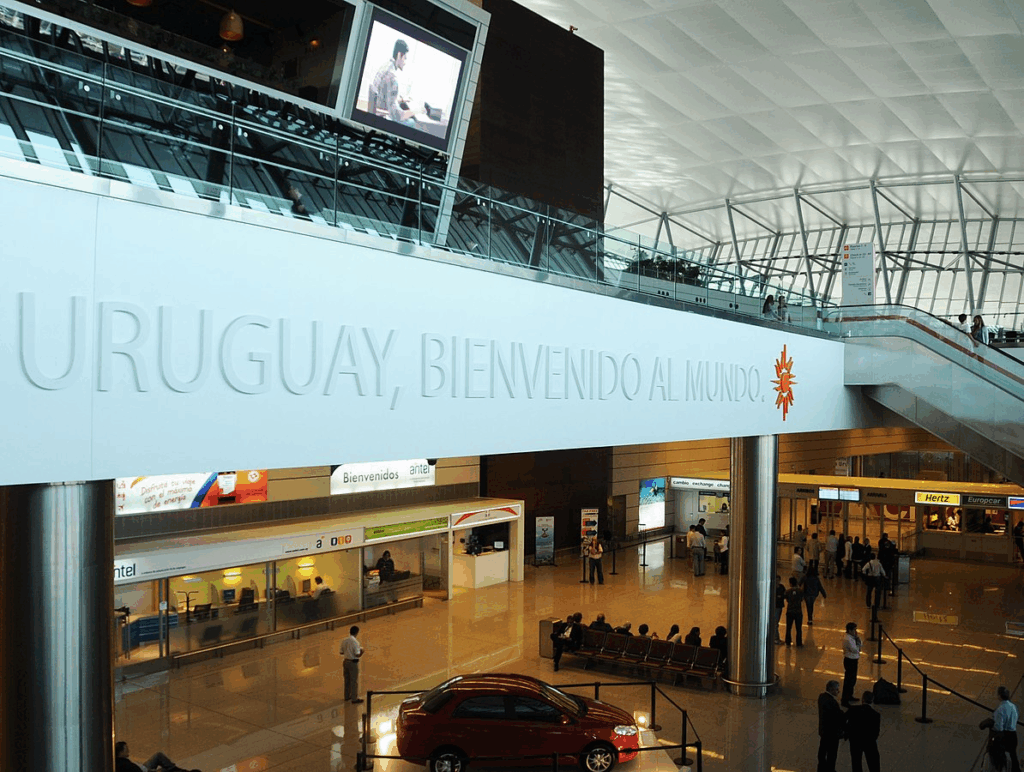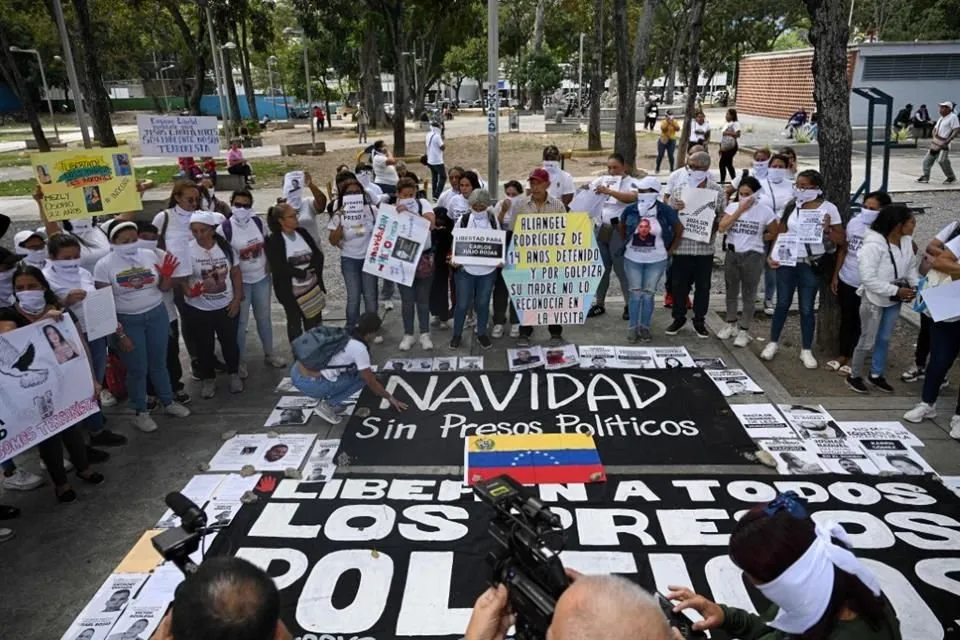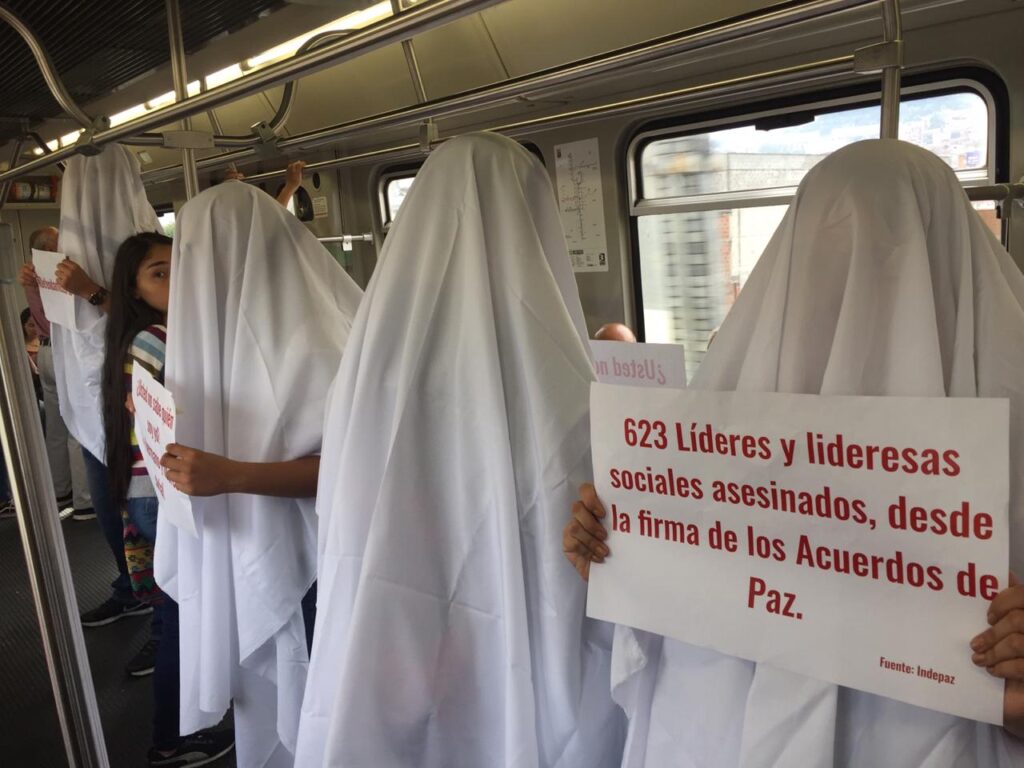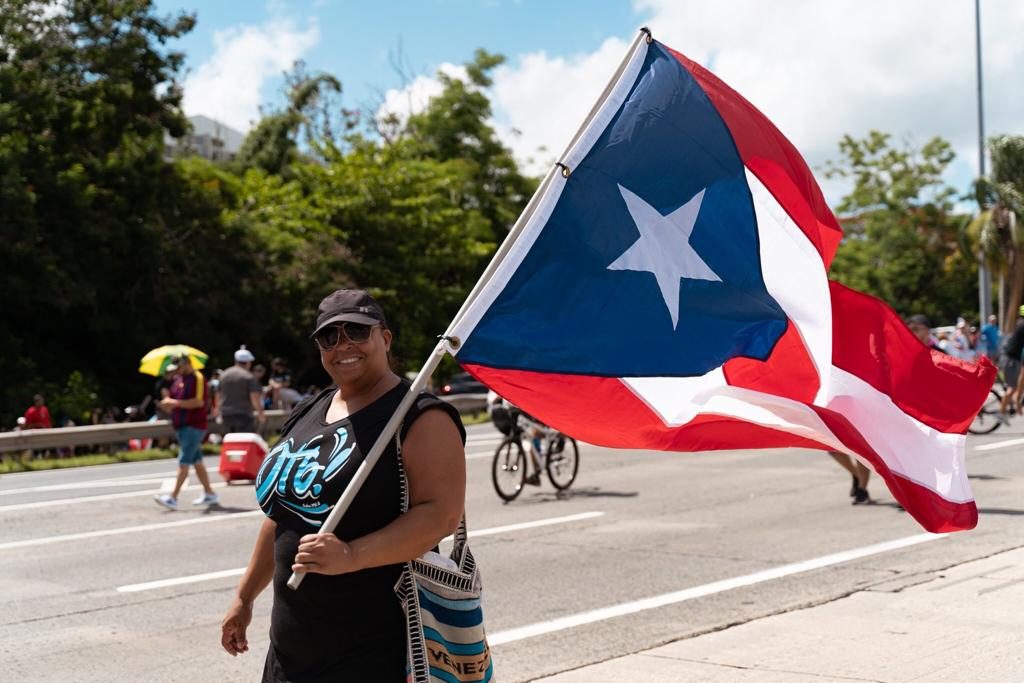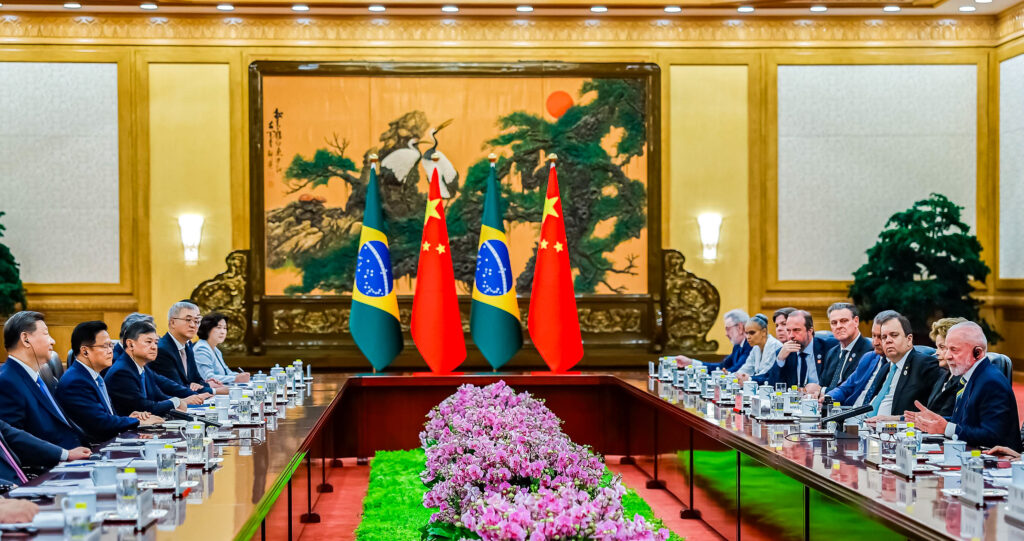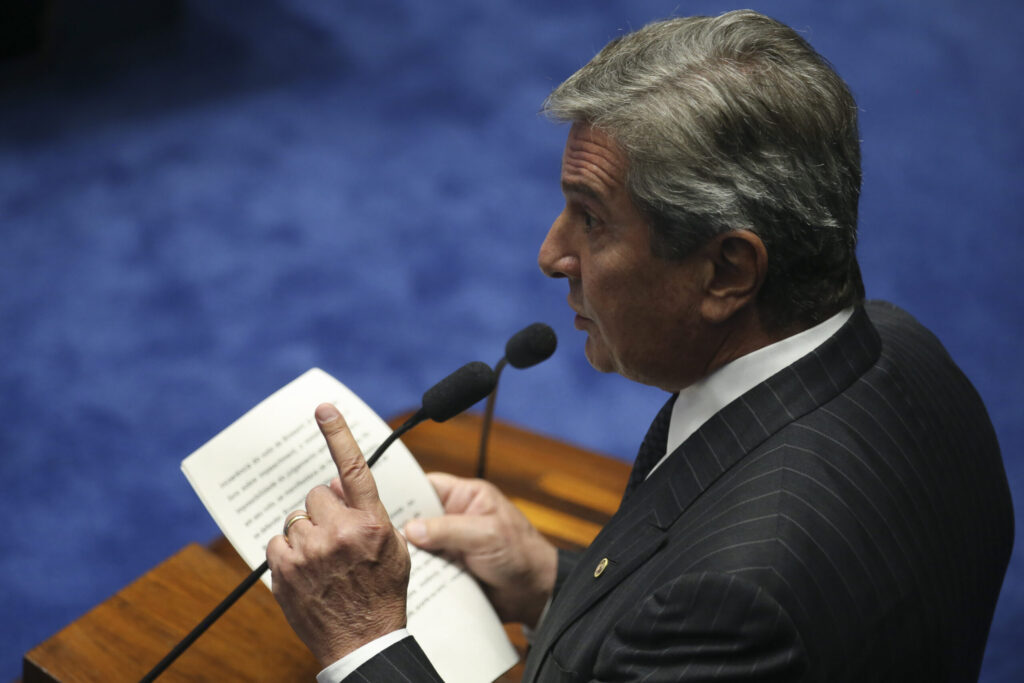The COVID-19 pandemic has put more than 150 million children in Latin America and the Caribbean out of school due to closures. These students now forced to study from home are having to adapt to new routines where lesson plans are taught over Zoom and assignments are given over WhatsApp.
But for kids living in the estimated 40 million homes in the region that are without Internet, the transition to remote learning is considerably more difficult. Countries face the immediate threat of educational gaps between the rich and poor widening even further.
The only countries with fully opened schools are Nicaragua and Uruguay, while Brazil and Chile are among the countries that have partially reopened their classrooms. In Bolivia, the school year has been outright canceled, meaning children there will go at least six months without any schooling.
So how are countries with remote learning helping their most vulnerable students?
Many countries have taken to radio airwaves and television broadcasts to get around the Internet barrier. A TV station in Brazil’s Amazonas state is bringing much-needed support to the region’s students with educational content carried through the public channel for those in the area without Wi-Fi, although it is also available on YouTube.
The Costa Rican government is giving out hard copy materials and broadcasting specific educational programs through its public TV stations for those without Internet access.
There are an estimated 500,000 kids without computer or cell phone Internet connectivity in the small Central American country. On top of the printed out materials, Costa Rica’s telecommunications industry regulator says it has installed Internet connection and given laptops to 140,000 families living in poverty throughout the country. In the Dominican Republic, the government set up more than 1,000 free Wi-Fi access points for the general public.
The Colombian government announced earlier this month that it has contracted the IT services provider Speedcast to install broadband in some 250 rural sites throughout the country.
But beyond government programs, a number of ed-tech companies and startups are creating solutions to help students without Internet.
The Peruvian company Wawa is producing eco-friendly laptops charged by mini solar panels meant specifically for underprivileged youth in the Andean country. The company has launched a campaign called “Donate a Wawa laptop, educate a child” to donate computers to hundreds of students in need.
One tool being used in countries around the region is Kolibri, an offline app that just requires Internet access once to download the toolkit of resource materials. Those downloaded materials are then be taken to an area without Internet connectivity and shared among educators and students.
Both governments and companies are searching for ed-tech solutions to help mitigate the impending growth in the digital divide, but the COVID-19 pandemic has illustrated how necessary Internet connectivity is to help improve lives. In Latin America and beyond, there is a clear need for even more startups to step up and contribute needed resources to the ed-tech field.


